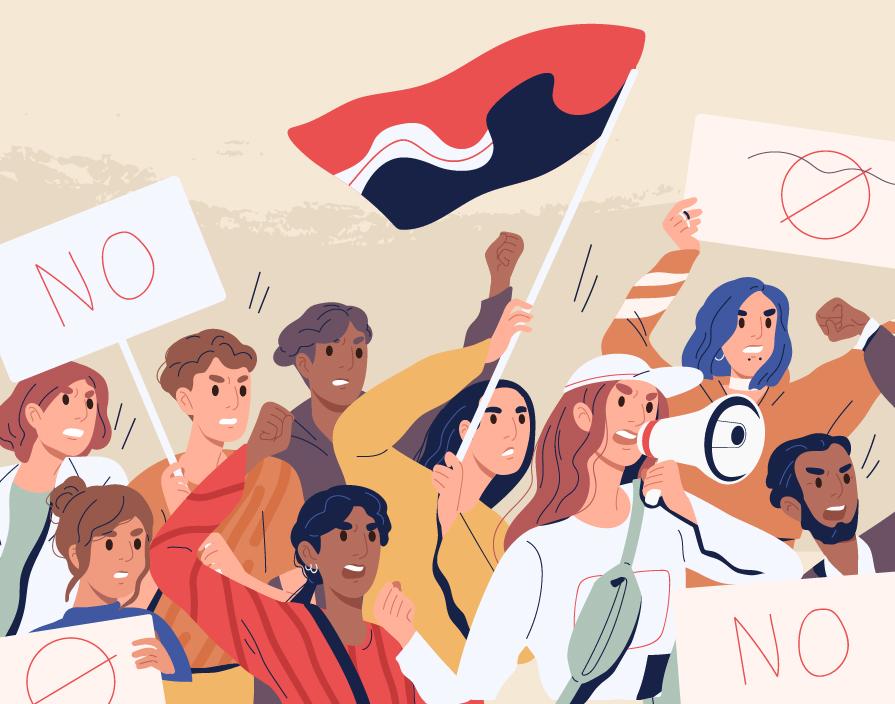Some companies seem hellbent on bringing workers back to the office, with several tactics already attempted at this ‘back to normal’ reality. Law firm Stephenson Harwood, for example, has given green light to permanent working from home to all employees, if they take a 20% pay cut – a decision not well received by everyone. Apple has enforced its employees to work in the office a minimum of 3 days in the office, a decision that has cost them its head of machine learning, who quit in protest – which shows that remote work might appeal to workers from different ranks within a business. A senior business leader can also ‘inspire’ others and cause a chain-reaction of more people quitting in protest – a quietly growing riot.
Another jarring example has been Lord Sugar’s comments, vilifying remote workers by calling them lazy and telling everyone to ‘get off their lazy backsides – and their Pelotons – and get back to the office!.’ As with earlier cases, a backlash quickly ensued. PwC, which offered its workers Friday afternoons off defended its flexible offering, which had been trialled with remarkable results. So, what is it about flexible work that divides people so much?
Employer vs. employee disconnect
Remote work allows us to switch the same daily commute and same desk in the same office for whatever space we decide to work in, which is appealing. Working in the comfort of our homes with our pets or partners, escaping into a nice park with fresh air, choosing a local coffee shop for the day – this adds dynamic and freedom to our lives.
At the same time, employers lose the supervision power they once had. Managers cannot as easily see how many hours each person spends at their desk or how many breaks they take throughout the day. They lose this proximity that highly facilitates micromanaging – and this change presents a new set of issues. It is the fear of the unknown and the lack of confidence that are causing employers a challenge. The idea that if we cannot see it happening, it must not be happening as effectively as it would under our supervision – an outdated but still common way of management. This is particularly ironic, considering productivity levels are higher with flexible work, according to according to data released by the U.K.’s Office for National Statistics.
Decision, backlash, retraction
Not trusting workers to do their job on their own terms can be the catalyst for rash decisions that yield less than desired results. Companies would not be able to run without their workforce. Regardless of how senior in rank people are, the truth is all roles are needed to keep the company moving forward. Remove a piece of a watch, and you risk ruining the entire mechanism that made it work.
Employees are now more confident than before. They have learned the freedoms of life, acquired a taste for structuring their days as best suits them, and do not want to give it up. It is not surprising that when companies enforce rules without consulting with their workers, these might not be well received. This vicious cycle of organisations forcing people into the office or offering reductions in their salaries for the same amount of work, or even calling people lazy, causes uproar and discontentment.
Fight for domination
United fronts stand stronger. Employees banding together against their employers might sound unlikely, but recent reactions have shown it is not out of the question. Seeing other companies allowing their staff to work remotely tells people that it is indeed possible. If other organisations are refusing to do the same, there are other issues than the actual logistical difficulties to do so.
Employees have the power to revolt against their managers, make their voices heard, and set in motion changes that suit their desires. In this tug of war for power and control, employers end up losing, even if they play their cards in a tough way – and the power of the employees rises.
Workers have always had some power to change their companies but haven’t always used it. This new era of work we are entering is bringing changes to the power dynamics that promise to be revolutionary and everlasting.
Share via:








































